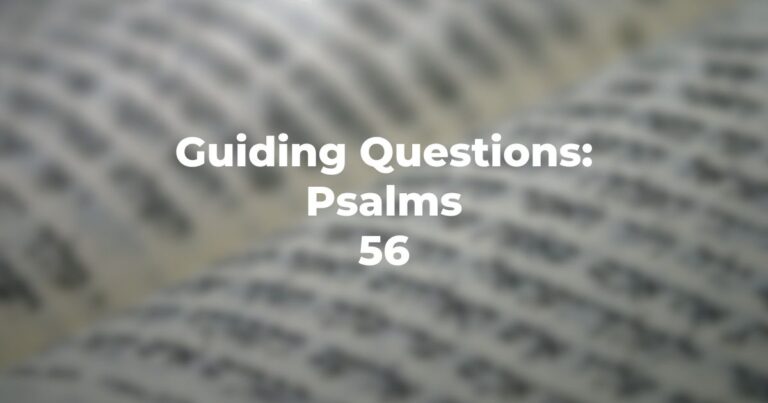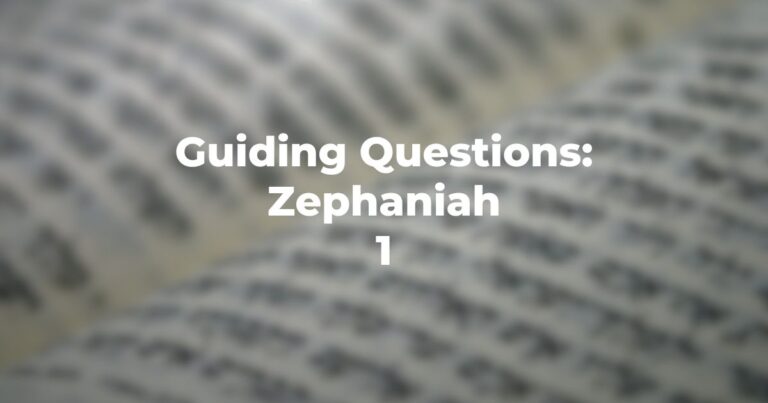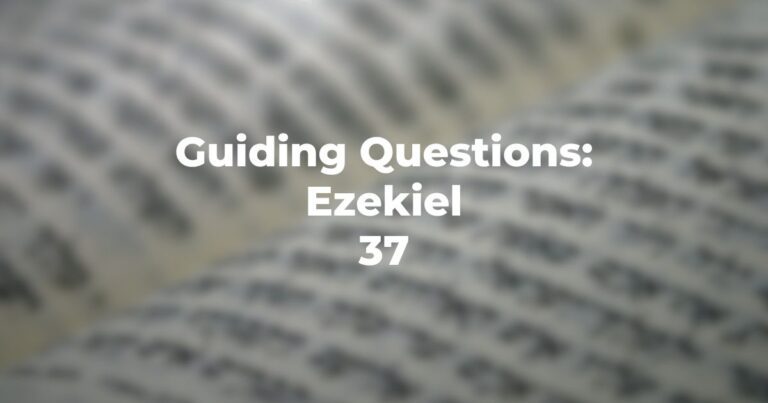- In Psalms 17:1, the speaker/author indicates that what he is saying is entirely free of what characteristic?
- From what source does he expect that his destiny will be determined (Psalms 17:2)?
- Does Psalms 17:3 indicate a personal/omnipotent Divinity?
- With the repetition of the address to Divinity, what might one conclude about the condition of the author (Psalms 17:6)?
- Should the descriptives in Psalms 17:8 be taken literally or are they meant as poetic references to a protective stance?
- In Psalms 17:9 who is described as the attacker/persecutor?
- To what is the evil compared in Psalms 17:12?
- What does the author ask of Divinity in Psalms 17:13-14?
- And (Psalms 17:15) what is his concluding refrain?
- Are the references to “face” and “picture” meant to be taken literally or do they reflect aspects of the Divine action in protective mode?
Author
-

Exploring Judaism is the digital home for Conservative/Masorti Judaism, embracing the beauty and complexity of Judaism, and our personal search for meaning, learning, and connecting. Our goal is to create content based on three core framing: Meaning-Making (Why?), Practical Living (How?), and Explainers (What?).
View all posts





